Andy Serkis, Black Panther, Chadwick Boseman, Danai Gurira., Daniel Kaluuya, Forest Whitaker, Letitia Wright, Lupita Nyongo, Marvel, Marvel Studios, Michael B. Jordan, movies, Ryan Coogler, superheroes, Winston Duke
February 14, 2018
by Carla Hay

The Marvel Studios film “Black Panther” is set to have the largest-ever opening weekend for a Marvel superhero movie so far, and probably the biggest opening weekend of all time for a February release . According to Fandango and several media outlets, “Black Panther” (which opens on February 16, 2018) is projected to have an opening weekend of at least $150 million at the U.S. box office alone.* (“Avengers: Infinity War,” which is scheduled for release on May 4, 2018, could break that record.)**
“Black Panther” is Marvel’s first superhero movie with a black character as the headliner. (Let’s not forget that 1997’s “Spawn” starring Michael Jai White and 1998’s “Blade” starring Wesley Snipes were groundbreaking when it comes to black superheroes headlining their own movies.)
In “Black Panther,” Chadwick Boseman stars as the title character, an African prince named T’Challa, who leads a technologically advanced nation named Wakanda. The cast also includes several highly respected black actors, including Angela Bassett, Michael B. Jordan, Danai Gurira, Daniel Kaluuya, Sterling K. Brown, Letitia Wright and Oscar winners Forest Whitaker and Lupita Nyong’o. White actors in the cast include Andy Serkis and Martin Freeman.
Here are five ways “Black Panther” is a game changer in the entertainment industry:
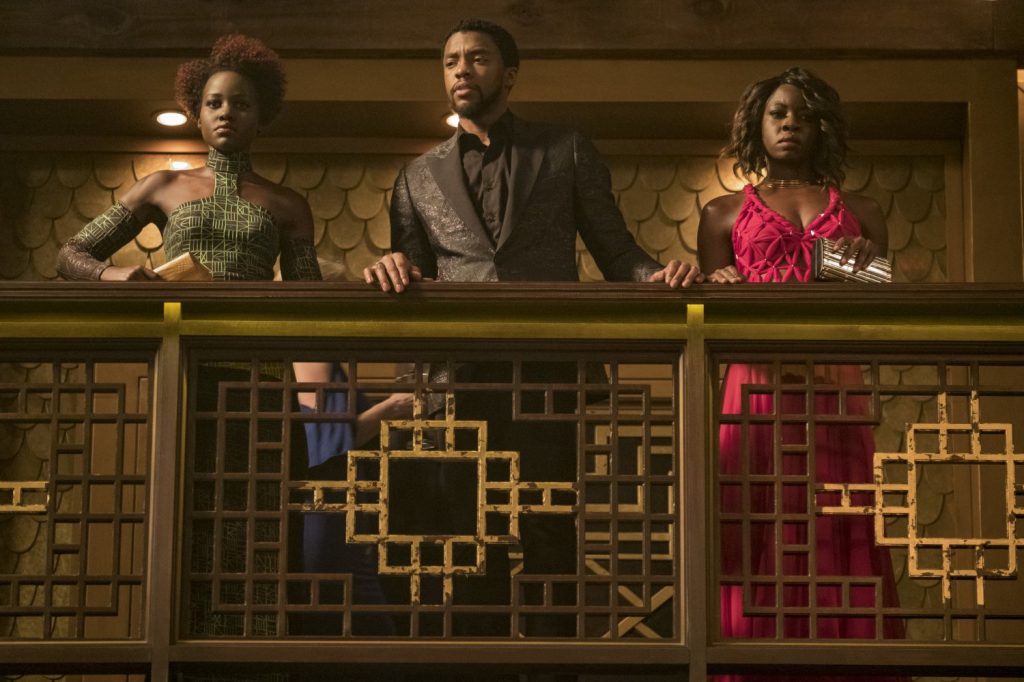
1. “Black Panther” proves that a movie with black people in the majority of the prominent roles can be a major blockbuster without being a comedy.
Before “Black Panther,” the conventional wisdom in Hollywood was that any movie with mostly blacks in starring roles had to be a comedy if it had a shot of making more than $100 million at the box office. (For example, 2017’s “Girls Trip.”) Although black or multiracial actors such as Kevin Hart, Dwayne Johnson and Zoe Saldana have made great strides in having starring roles in big hit movies, these movies usually have casts of multiple races in the most of the prominent roles. “Black Panther” shatters the stereotype that hit movies with mostly black stars have to be low-budget and/or a comedy.
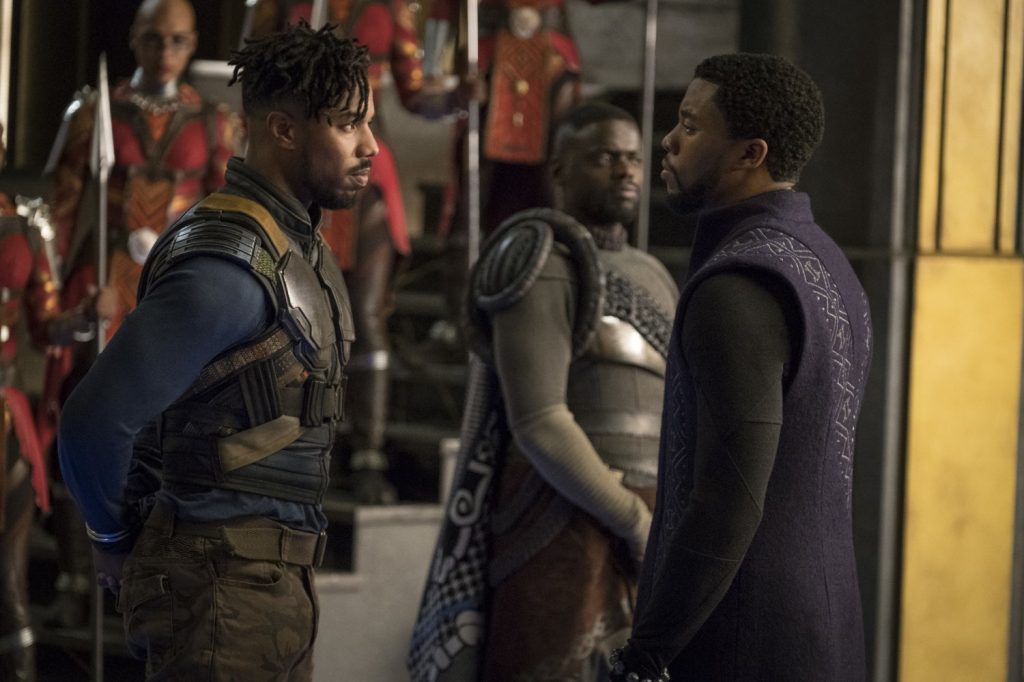
2. “Black Panther” proves that a movie with a mostly black cast can get outstanding positive reviews—and it’s not a heavy drama about racism or the oppression of poor black people.
Let’s face it. A lot of movies with mostly black casts are saddled with the negative stereotype of having substandard filmmaking or appealing to a limited audience. It’s why movies that star Tyler Perry, Gabrielle Union, Sanaa Lathan or anyone from the Wayans family tend to get reviews that are mixed but usually negative. “Black Panther” has been getting rave reviews from those who have seen it before the movie’s theatrical release. The Internet has made it much easier for people to share information and commentary about movies, so the advance positive buzz has only helped drive ticket sales.
On the flip side, critically acclaimed dramas with mostly black actors tend to be statement-heavy period films about racial or social oppression, such as “Twelve Years a Slave,” “Selma,” “Fences” and “Hidden Figures.” “Black Panther” is an entertaining thrill ride, first and foremost, and is not meant to be a history lesson on the black experience. Far from being poor and/or oppressed (which is often the case with most black protagonists in black-centric movie dramas) , the black protagonists in “Black Panther” are respected leaders, innovators and royalty.
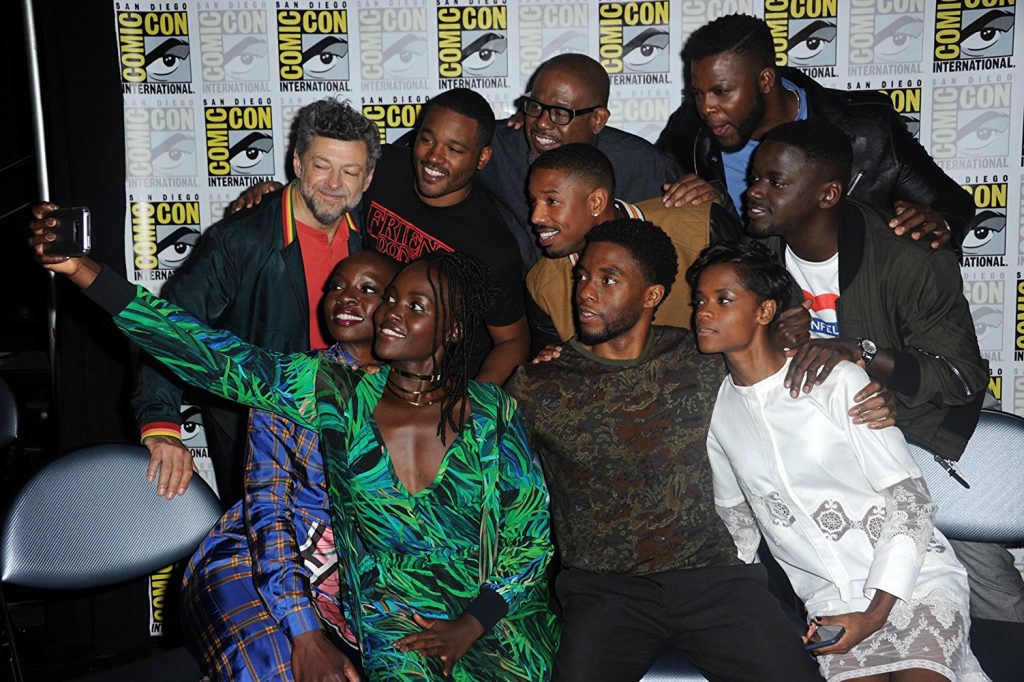
3. Black Panther” proves that blockbuster superhero movies can and should have talented people of color working behind the scenes in high-ranking positions.
“Black Panther” is directed by Ryan Coogler, the critically acclaimed African-American filmmaker who previously helmed the 2015 boxing movie “Creed” (a spinoff of the “Rocky movies”) and the 2013 indie drama “Fruitvale Station.” Coogler co-wrote the “Black Panther” screenplay with Joe Robert Cole, an African-American whose previous screen credits were the 2011 independent film “Amber Lake” and two episodes of the 2016 miniseries “The People v. O.J. Simpson: American Crime Story.”
Other African-Americans who have prominent behind-the-scenes roles on “Black Panther” include executive producer Nate Moore, production designer Hannah Beachler and costume designer Ruth E. Carter. In addition, several of the hair and makeup artists for “Black Panther” are African-American.
And just like “Wonder Woman” (directed by Patty Jenkins) proved in 2017, the biggest superhero movie of the year does not have to be directed by a white male. The type of inclusion shown for the “Black Panther” crew is a step in the right direction for blockbuster movies to have more diverse, qualified team members who work behind the camera. “Black Panther” is the type of movie that appeals to a diverse audience, and the people who make these kinds of movies should also be a reflection of that diversity.
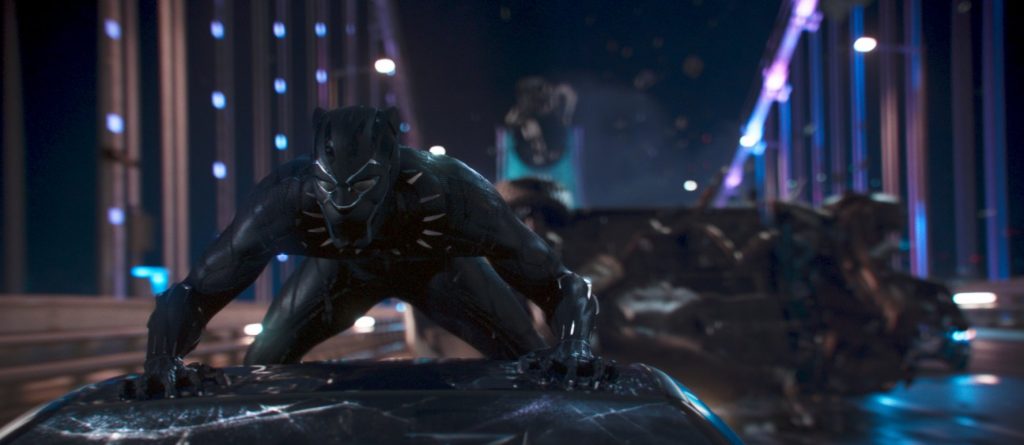
4. “Black Panther” proves that a major blockbuster movie with a mostly black cast is not a “fluke” or a “fad.”
This is not a one-hit wonder. This not a passing trend. You don’t have to be a genius to know that “Black Panther” will spawn many sequels, prequels and/or spinoffs for years to come—not to mention all the money from merchandising, home video sales and other business revenue. “Black Panther” could also pave the way for more non-Caucasian superheroes to get their own headlining films.
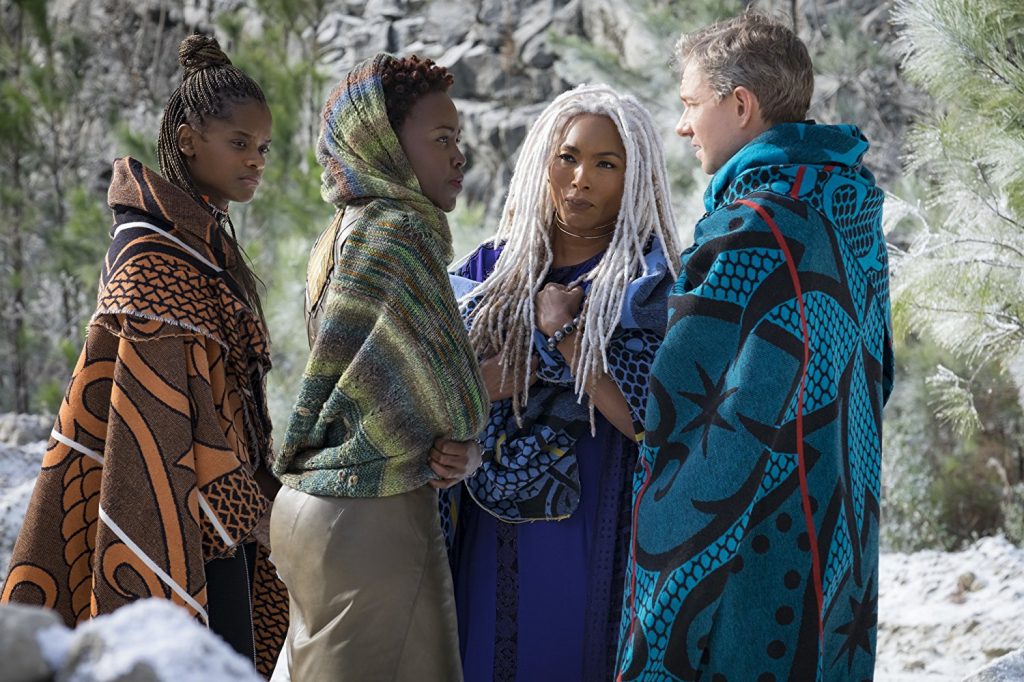
5. “Black Panther” proves that a superhero movie with black actors in the most prominent roles can have massive international appeal.
Movies with a mostly black cast are often mischaracterized as appealing mainly to African-American audiences and hard to sell to countries outside of North America. The unquestionable global success of “Black Panther” blows away that stereotype. Movie audiences have spoken in their choices of what tickets to buy, and the message is loud and clear: They are hungry for more variety—and if it’s high-quality, that’s even better.
*February 20, 2018 UPDATE: According to Box Office Mojo, “Black Panther” had $202 million in ticket sales at the U.S. box office from February 16 to February 18, 2018, and $242 million at the U.S. box office from February 16 to 19, 2018 (counting the Presidents Day holiday). This breaks the opening-weekend box-office records for movies that opened in February; superhero movies headlined by a solo character; movies that opened on a holiday weekend; movies that opened on a four-day weekend; and non-sequel movies.
**March 1, 2018 UPDATE: Marvel has changed the release date for “Avengers: Infinity War” from May 4 to April 27, 2018.
